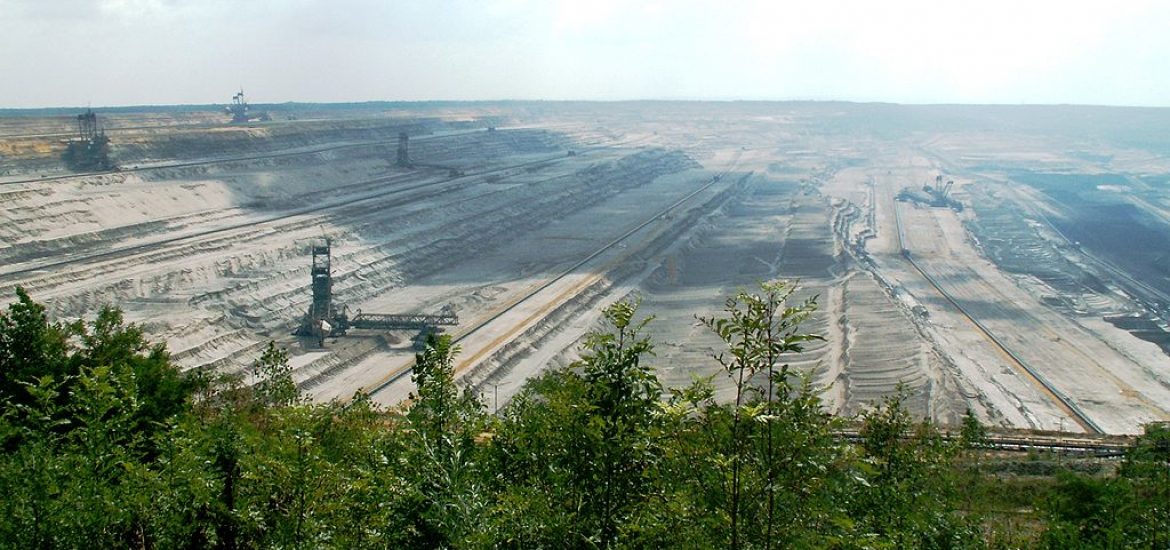
The authorities in the western German state of North Rhine-Westphalia have ordered environmental protesters’ treehouses in Hambach forest (pictured) to be cleared.
The police operation marks a pivotal moment in Germany’s battle between renewable energy and coal-powered stations, which produce almost 40 per cent of German electricity, according to Eurostat.
The activists opposing the expansion of an open-cast coal mine were ordered to leave on Thursday, with the police giving them 30 minutes’ notice. The media was denied access.
An anonymous female activist told CNN that between 150 and 200 environmentalists lived in the forest, occupying 60 to 70 of the oldest trees.
An armoured vehicle with a plough and a water cannon were deployed.
Several protesters were dragged away from the 12,000-year-old forest and a video appeared to show police grabbing a female protester by the head and dragging her to the ground.
Police said they had forced a protester “to the ground” who had “unlawfully entered the danger area” and kicked out at officers.
The state said the anti-coal activists’ treehouses did not conform to building regulations, lacked fire exits and access routes for the emergency services.
The 30 to 60 treehouses were constructed to oppose coal mining in the region over the past six years to protect the forest from being cleared to expand the opencast Hambach mine to extract lignite, the dirtiest fossil fuel.
Legal petitions filed in courts in Aachen and Cologne are attempting to halt the evacuation operation.
Germany’s biggest electricity provider RWE, which owns the forest, intends to clear around 100 hectares to expand the Hambach mine, already Europe’s biggest opencast coal mine.
The mine run by RWE currently covers 84 square kilometres and produces 40 million tonnes of low-grade brown coal annually.
Under RWE ownership, the forest has shrunk to less than 10 per cent of its original size since the company began clearing it in 1978, according to the company and environmentalists.
The energy giant has been given permission to begin clearing the remaining forest from October, saying it is “absolutely necessary in the short term” in order to secure coal production from the mine.
“This year’s clearing measures are necessary to maintain opencast mining operations and coal extraction over the next two years,” RWE said, adding that it had compensated for its logging by planting more than 10 million trees in the Rhineland’s mining districts.
The number of coal-powered plants in Germany has more than doubled in the past 30 years, jumping from 35 to 76, the Climate Action Network Europe reported. Many are in North Rhine-Westphalia.
Hambach. Worth protesting for? Picture credit: Wikimedia





